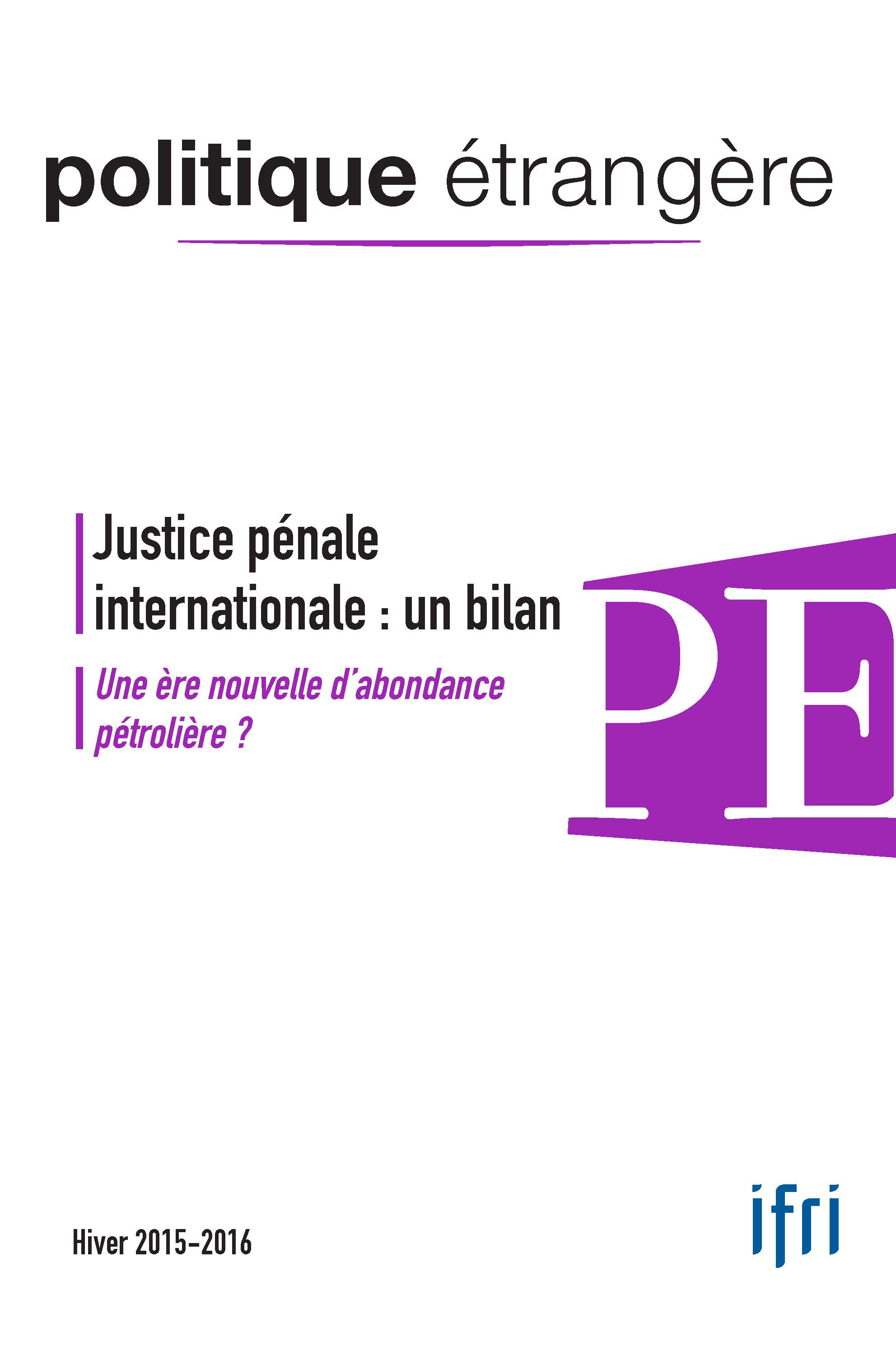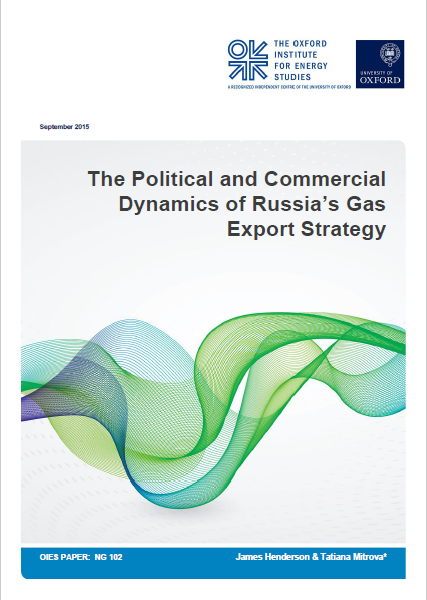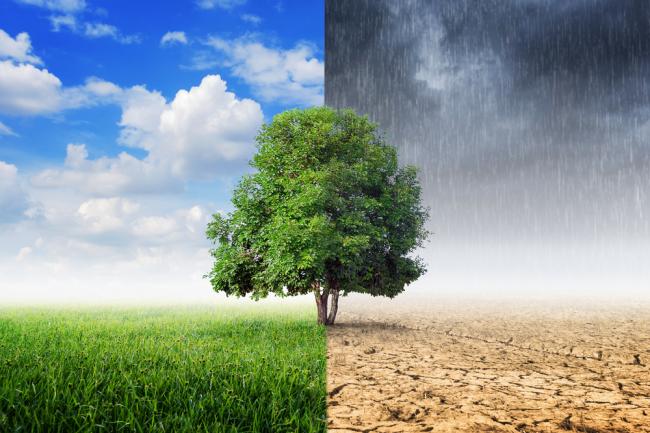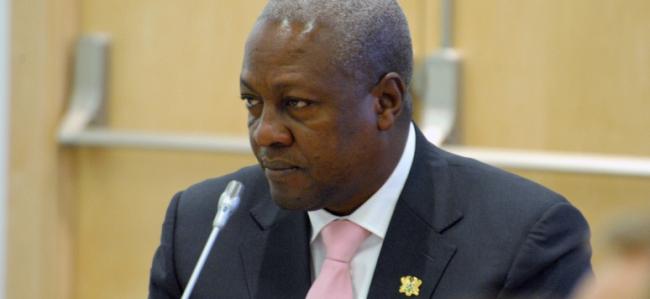Innovation: a New Mode of Climate Action
A range of announcements of energy and climate coalitions have been made during COP21. Beyond their important diplomatic objectives, these new forms of coalitions bring scientists and industry leaders towards new long term visions of energy consumption modes.

Assessing the Achievements of International Criminal Justice / A New Era of Oil Abundance?
Born from the ashes of two world wars, the concept of international criminal justice took nearly half a century to become anchored in institutions and legal concepts that are independent of specific conflicts. The International Criminal Tribunal for the former Yugoslavia, that for Rwanda, and the creation of the International Criminal Court, among others, bear witness to the real progress made during the 1990s. This issue of Politique étrangère offers a series of articles that shed light on these achievements and their limits.

A New Era of Oil Abundance?
From 2014 to 2015, the price of oil fell.
Ghana and the Oil Sector: Beyond the Resource Curse?
Four years after the Jubilee block went into production, we can make an initial assessment of the governance of Ghana’s oil resources. In terms of its institutional structure, Ghana is seen as a model for the entire continent.

The Political and Commercial Dynamics of Russia's Gas Export Strategy
A wide-ranging look at the way Gazprom interacts with an increasingly challenging global gas market for Russia.

The Evolution and Limits of the Algiers-Moscow Relationship
During the Cold War, Algeria was one of the Soviet Union’s favored partners. Ties between the two countries deteriorated during the 1990s before going through a renewal around fifteen years ago.

Algeria’s Permanent State of Economic Crisis (1999-2015)
When President Bouteflika came to power in 1999, he sought to liberalise the country’s economy. But these reforms were reversed after only a few years.

Self-consumption of electricity from renewable sources
A report released by Insight_E, the European energy consortium specialised on energy policy research and analysis
Lead author: Joris Dehler (KIT). Authoring team: Dogan Keles (KIT), Thomas Telsnig (IER), Benjamin Fleischer (IER), Manuel Baumann (KIT), David Fraboulet (KIC-IE/CEA), Aurélie Faure (IFRI), Wolf Fichtner (KIT). Reviewer: Paul Deane (UCC), Volker Stelzer (KIT)

Local Content Strategies in the Oil and Gas Sector: How to Maximise Benefits to Host Communities
Editor: Deborah Sherwood, published by Institut francais des relations internationales (Ifri)

South Sudan: From Disaster to Chaos
South Sudan is still neither a state nor a nation. Torn apart by ethnic rivalries, divided between diverging ideas about state organization, its only means of political dialogue is war.
Support independent French research
Ifri, a foundation recognized as being of public utility, relies largely on private donors – companies and individuals – to guarantee its sustainability and intellectual independence. Through their funding, donors help maintain the Institute's position among the world's leading think tanks. By benefiting from an internationally recognized network and expertise, donors refine their understanding of geopolitical risk and its consequences on global politics and the economy. In 2025, Ifri supports more than 80 French and foreign companies and organizations.









